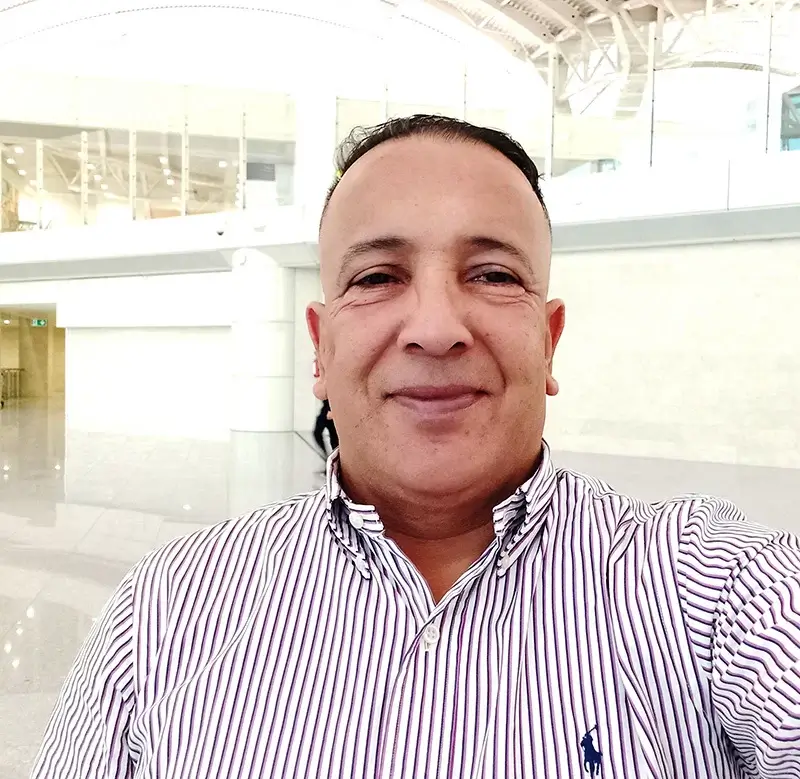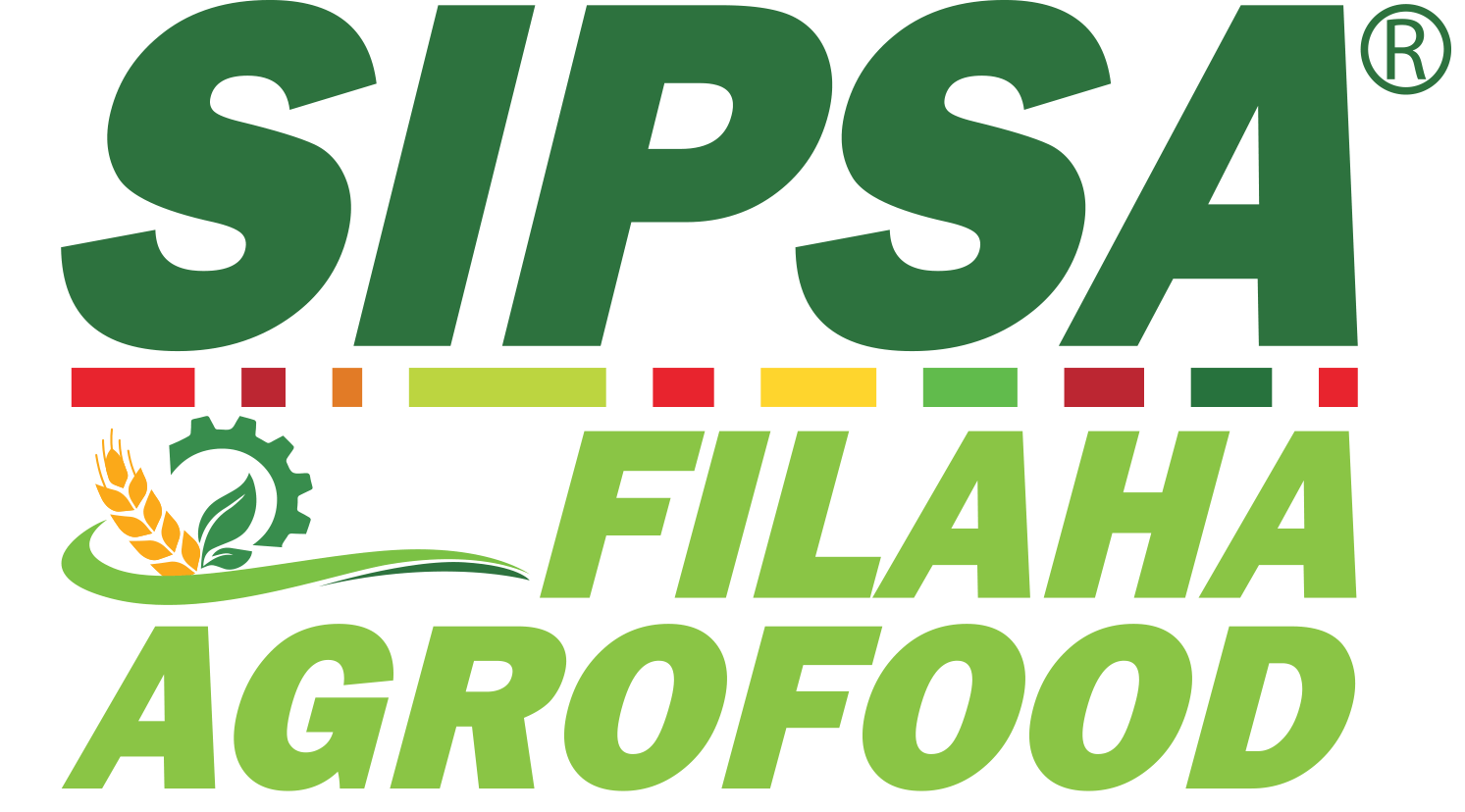''Algeria can position itself as a regulator of the world olive oil market''.
Faced with the very critical level of world olive oil stocks, Algeria has the levers at its disposal to position itself as a regulator of the world market. This is what Samir Gani, a specialist in the olive sector and president of the scientific days held during the Salon International de l'olivier (JSSIO), told us on the occasion of the celebration of World Olive Day on November 26, on the sidelines of an open day on olive oil in Ouled Fayet. and advisor for the development of olive oil quality, to take stock of the situation of the olive tree in Algeria and the sector's ambitions for boosting production.

1- What's the current state of the Algerian olive industry?
I'd say that the Algerian olive sector is at a crossroads. But to be more explicit, I would say that the olive sector in Algeria was neglected for decades. We all remember the one million hectare program launched in 2000, which unfortunately achieved barely 25% (according to official figures). The pace of technological progress in the olive oil extraction process is also slow, with over 50% of our oil mills using traditional methods. This is holding back the qualitative and quantitative development of our olive oil. Knowing that a modern oil mill gives us a better yield with less oil loss, but above all easy and adequate control in terms of hygiene, which is the key to extracting quality olive oil. However, we are witnessing an awakening of awareness among producers, who are taking up the challenge every day to improve the quality of their olive products. This challenge is being taken up above all by new producers who are emerging and are on the lookout for training in the field to bring them up to speed with what is being done in the rest of the world. But not only that, since they have understood that consumers think in terms of health, and health means quality olive oil. That said, the world of olive oil has been in turmoil for at least a year now. The price of olive oil on the world market has practically doubled in the space of a few months this year,
2- How much do Algerian producers export, and to which countries?
Quite frankly, our export share remains insignificant, since out of the 100,000 tonnes of production, a figure published by MADR, we exported barely 600 tonnes, a figure given by the Ministry of Commerce. This quantity, which I would describe as negligible, can be found in our communities abroad, such as France and Canada. On the other hand, it's worth pointing out that large quantities are illegally transferred across our borders, harming the country's economy on the one hand, and causing unprecedented inflation on the local market on the other.
3- What are the short-, medium- and long-term objectives of the olive industry development plan?
At the opening of the National Conference on the Development and Protection Plan for the Olive Sector, organized last September by the Institut National de la Recherche Agronomique (INRA), the Minister of Agriculture and Rural Development, Mohamed Abdelhafid Henni, emphasized the sector's development program, which must be based on the enhancement of olive-growing resources through new plantations and the expansion of their surface areas, as well as on the intensification of olive-growing through irrigation, improved production techniques and better use of specialized agricultural mechanization. He also pointed out that “olive growing is one of our country's main agricultural sectors, in terms of both quantity and quality, which has enabled Algeria to rank 7th worldwide in olive oil production”.
4- On parle de l’olivier à la conquête de la steppe. A quoi se résume ce programme ambitieux ?
By April 2021, a nationwide program of 400,000 hectares of olive trees was underway. The ambition was to increase the total area dedicated to this sector to 900,000 hectares by 2024. It's now almost 2024, and we're still a long way from that target, since the figure recently put forward by the Minister of Agriculture is around 440,000 hectares. Which is to say that all programs are ambitious, but they still need to be implemented.
5- In your opinion, what are the reasons why the price of a liter of olive oil is so high for the average consumer, despite the competition?
What's expensive is poor quality olive oil, which can be harmful to health. In the absence of rigorous controls, adulterated oils are wreaking havoc on the Algerian olive oil market, at the expense of consumers who are often attracted by the “good price”. These fraudulent practices risk damaging consumer health and the country's economy. They also create unfair competition. As for good quality olive oil, it is not expensive and its price is well justified, but it must not be exaggerated. It should be noted that the major concern for producers lies in the purchase of the raw material, in this case olives, the price of which has doubled or even tripled in recent years. Hence the need to regulate the market, starting with a ceiling and the introduction of reference prices for this raw material, and why not create olive markets in the producing regions.
6- In recent years, there have been reports of nurseries specializing in Spanish varieties of olive seedlings to boost production. Can you tell us more?
First of all, when the Spanish developed the intensive planting system, they also developed the mechanization that goes with it. The main reasons why olive growers opt for this system are obviously high yields, rapid entry into production and minimized costs. However, the profitability of this system depends on the mechanization that goes with it, as well as the size of the olive grove.
7- Some olive growers claim that the Spanish experience has been beneficial... Do you agree?
In Algeria, successful experiments can be counted on the fingers of one hand, as in the case of the ORUS company, which has set up an integrated project covering an area of 1,200 hectares in the Saïda region. This kind of project can boost olive oil production if it is multiplied, and above all accompanied by experts in the field. As it happens, it's in the High Plateaux and on the northern edge of the Sahara that large areas are available for this type of cultivation.
As far as the north of the country is concerned, it is more than advisable to promote our native olive varieties, given their easy adaptation to the Mediterranean climate, their resistance to climate change, their longevity, and above all the quality and diversity of their oils, which characterize our local products.
Interview by Farouk Baba-Hadji

